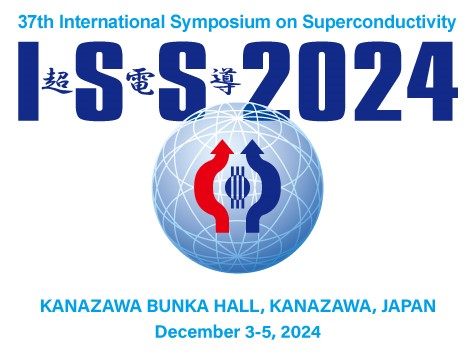Plenary Speakers
Plenary Speakers
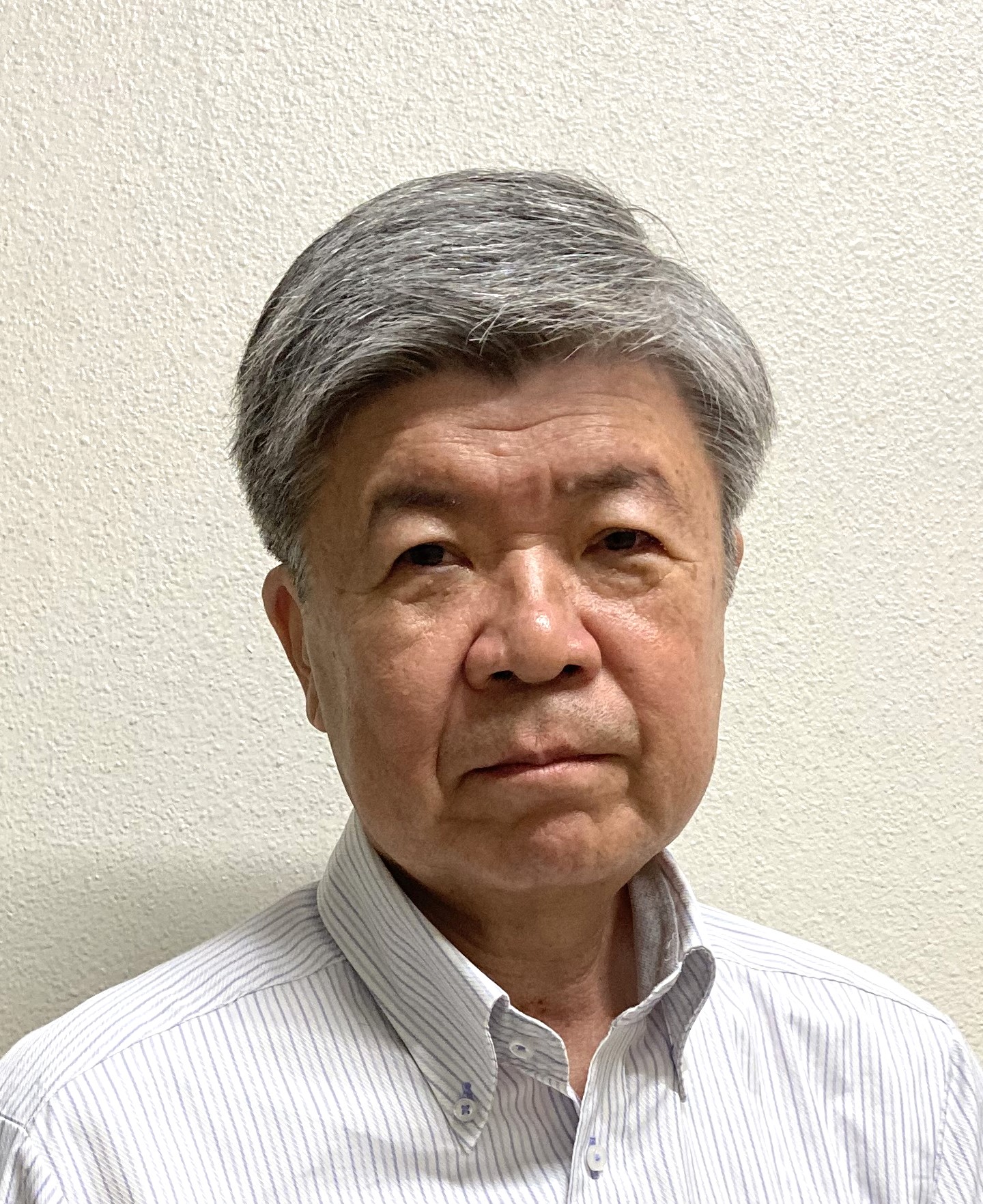
Emeritus Professor, Atsutaka Maeda
The University of Tokyo
Plenary Title: Superconductivity of Fe chalcogenides: valuable platform with full of variety
Atsutaka Maeda had been a Professor in Department of Basic Sciences at the University of Tokyo, Komaba campus, and retired in this March. He received his doctor degree in Engineering from the University of Tokyo in 1989 by the research of novel sliding charge-density wave phenomena in molybdenum blue bronze, followed by an assistant professorship at Department of Applied Physics, the University of Tokyo. He moved to Department of Basic Science as an associate professor in 1992 and opened his own laboratory. Research subjects of Prof. Maeda’s group are various phenomena in superconducting state of novel superconductors such as cuprate high-Tc superconductors and iron-based superconductors, with particular interest in high-frequency charge dynamics from microwave to THz frequencies. These include the responses of superfluid and quasiparticles, flux flow of quantized vortices. In particular, in recent 10 years, his group has focused on physical properties of Fe chalcogenide in film form fabricated by the PLD technique, including very thin films showing interface superconductivity. Prof. Maeda received Superconductivity Science and Technology Award in 2008 and was elected as a fellow of the Japan Society of Applied Physics in 2016.
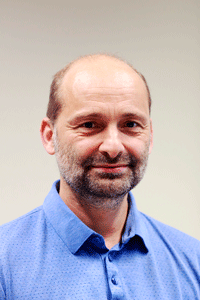
Prof. Michael Eisterer
TU Wien
Plenary Title: Neutron Irradiation effects on magnet materials(Tentative)
Michael Eisterer is leading the Department of Low Temperature Physics and Superconductivity at the Institute of Atomic and Subatomic Physics, Vienna University of Technology. His group is specialized in the characterization of superconducting materials for both, a fundamental understanding and in view of applications. The in-house fission research reactor has led to a focus on radiation effects and has been used for decades to introduce defects in superconducting materials by fast neutron irradiation in order to assess the resulting changes of fundamental material properties and flux pinning. Michael Eisterer received his PhD from TU Wien, Austria in 1999 and has been involved in the European fusion program since then. His work has gained international recognition recently because of the radiation issues arising for coated conductors in compact high-field fusion reactor concepts.
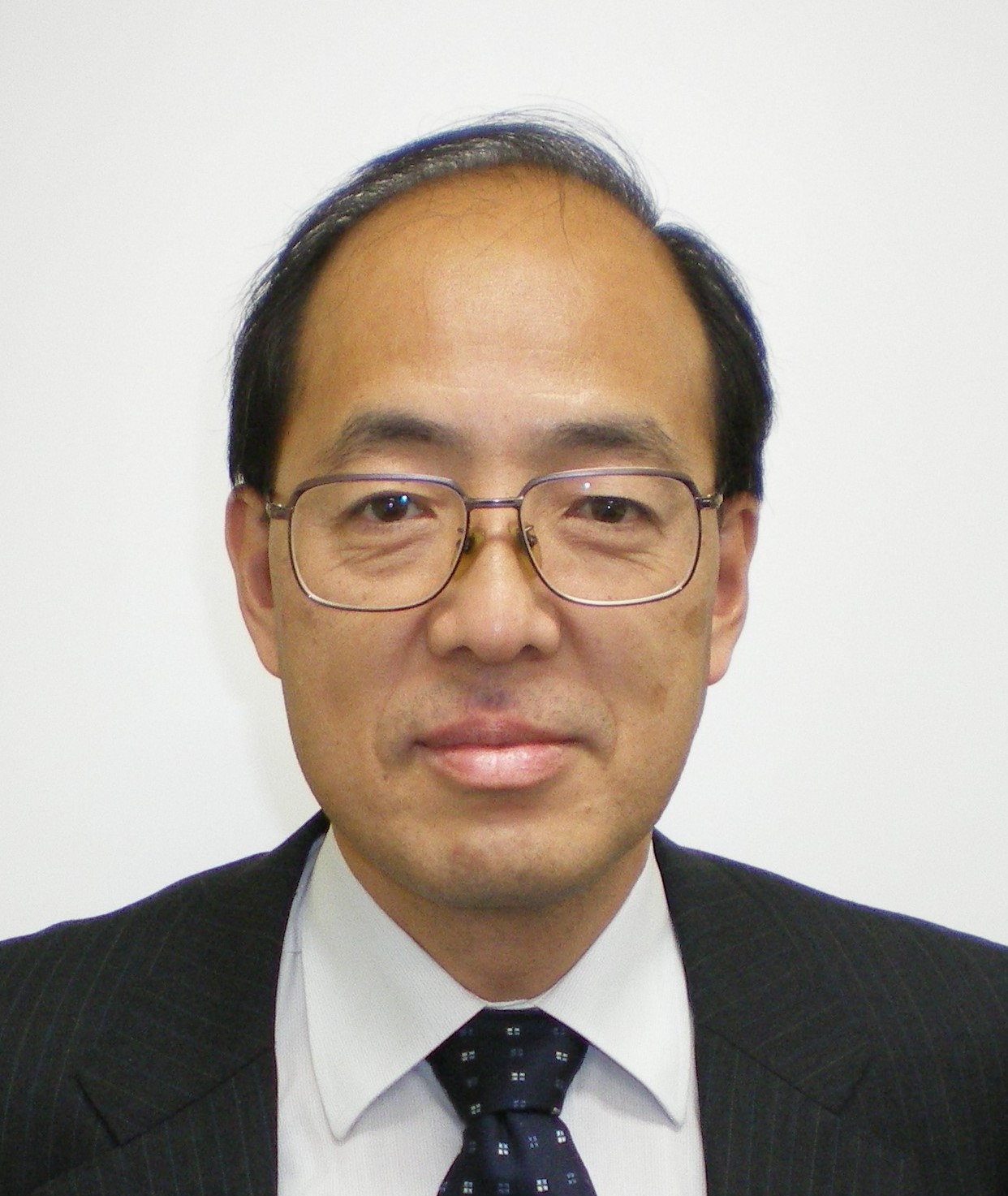
Prof. Shirabe Akita
Senior Advisor Emeritus, Central Research Institute of Electric Power Industry (CRIEPI)
Plenary Title: Overview of Superconducting Power Applications in Japan
Bath Date: August 20, 1954 in Japan.
March 1979: Graduated Electrical Engineering Master Course of the University of Tokyo
April 1979: Joined Central Research Institute of Electric Power Industry (CRIEPI) in Japan.
July 1996: Doctor of Engineering for the research on superconducting conductor and coils for power applications
2004: IEEE Fellow for contributions in applied superconductivity in support of electric power applications.
2021: Fellow of the Institute of Electrical Engineers of Japan (IEEJ)
April 2004: Deputy Director, Materials Science Research Laboratory of CRIEPI
June 2005: General Manager, R&D Planning Group of CRIEPI
April 2006: General Manager, Planning Group of CRIEPI
July 2012: Director, Materials Science Research Laboratory of CRIEPI
July 2014: General Secretary of CRIEPI
June 2016: Senior Vice President of CRIEPI
June 2017: Executive Vice President of CRIEPI
June 2020: Senior Advisor of CRIEPI
April 2022: Senior Advisor Emeritus of CRIEPI
July 2023: Deputy Director, Field of Energy, Fukushima Institute for Research, Education and Innovation (F-REI)
He has conducted researches on superconducting wires for AC application, cryogenic resistive cable, SMES, superconducting generator, current limiter, and HTS cable as a researcher of CRIEPI for over 40 years.
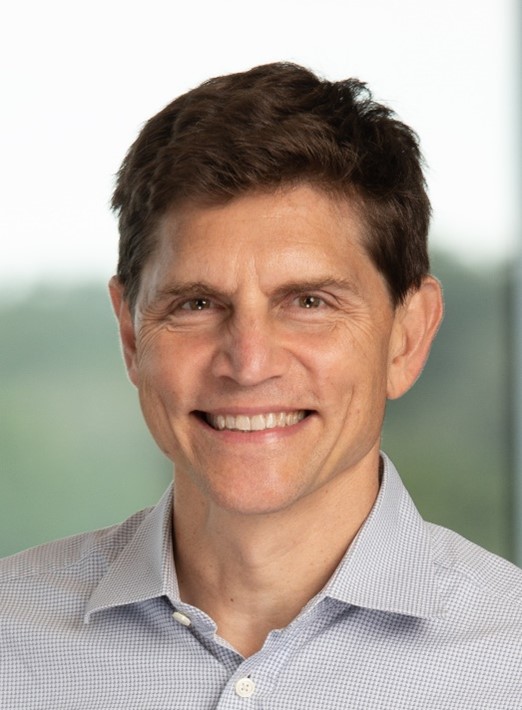
Prof. Quentin Herr
Imec USA
Plenary Title: Full-Stack Development of Scalable, Manufacturable Superconducting Digital Technology
Quentin Herr has been a Scientific Director at imec in Belgium and imec USA since May 2021, and was previously a Northrop Grumman Fellow. He holds MA Physics and PhD Electrical Engineering degrees from the University of Rochester and graduated from Case Western Reserve University. His 30 years of experience in superconducting integrated circuit design, and test have spanned analog-to-digital converters, high performance digital, large-scale applications, and interconnect. He pioneered scalable superconducting logic and memory with the invention of AC-powered SFQ logic families. He has been Principle Investigator on multiple government, industrial, and internally-funded programs, and has taught seminars on the principles of superconductor digital circuits. He has nearly 100 publications and patents, and multiple Leadership and Innovation awards.
